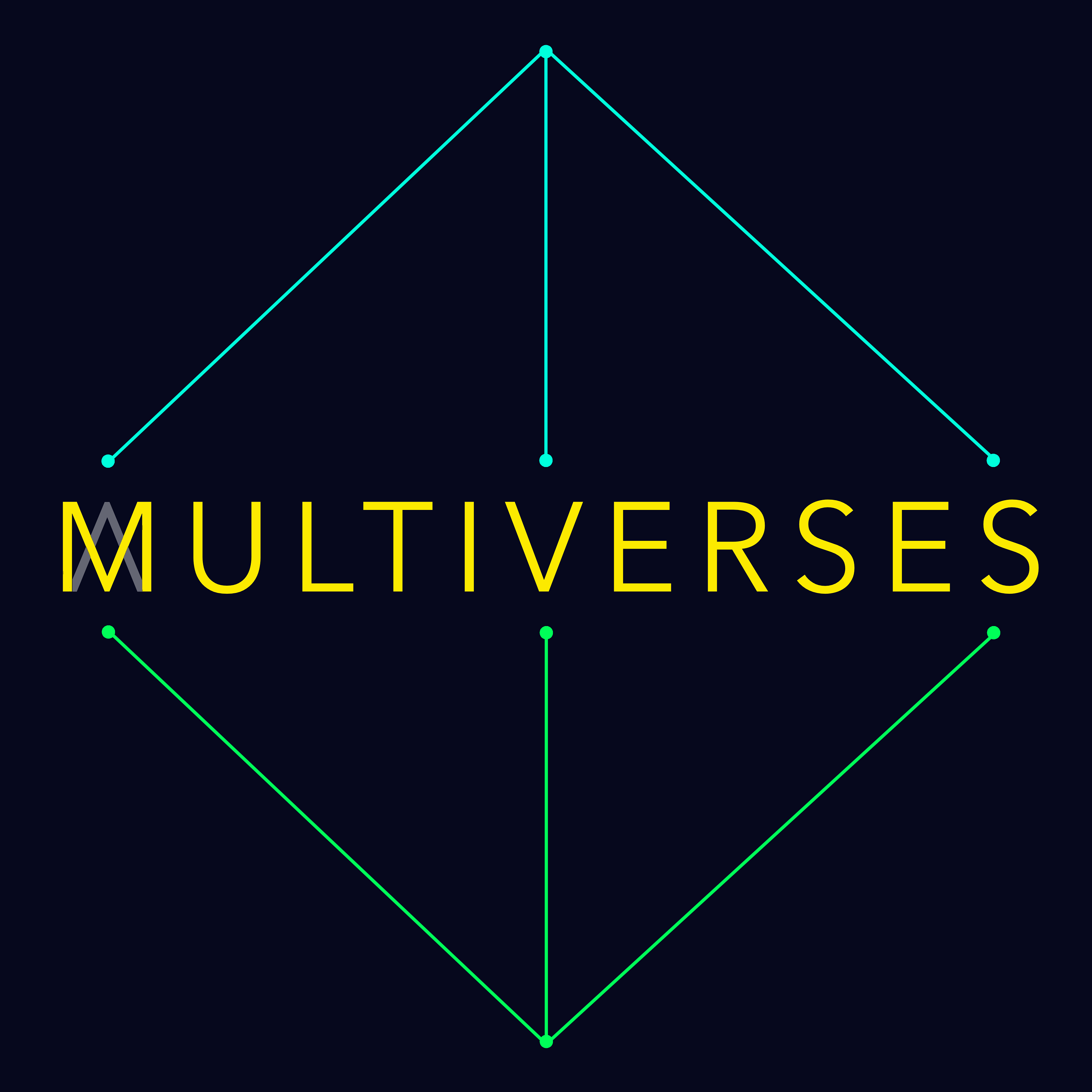Do Electrons Exist? — Céline Henne: Physicist's Views on Scientific Realism & Instrumentalism
Description
Physics helps get stuff done. Its application has put rockets in space, semiconductors in phones, and eclipses on calendars.
For some philosophers, this is all physics offers. It is a mere instrument, albeit of great power, giving us control over tangible things. It is a set of gears and widgets (wavefunctions, strings, even electrons) to crank out predictions. In contrast to instrumentalists, scientific realists argue that the success of theories shows that they map onto the structure of the world, symbols in equations carry the imprint of real entities.
This is an old debate in the philosophy of science. While we touch on some arguments for either position, this episode focuses on the phenomenology of physics researchers. What do physicists believe?
Céline Henne is a philosopher at the University of Bologna. Alongside Hannah Tomczyk and Christopher Sperber she has fielded the most comprehensive survey of the attitudes of physicists towards the reality of the objects of their study. From looking at the answers to dozens of questions from several hundred physicists, they have distinguished several camps of belief.
It's an elegantly designed survey, simply reading the questions forces a consideration of one's own position.
* Take the survey at Multiverses.xyz [https://scientificrealism.multiverses.xyz/]to see if you are an instrumentalist or a realist (or a bit of both)
* Céline's homepage [https://www.celinehenne.com/]
More Episodes
The launch of ChatGPT was a "Sputnik moment". In making tangible decades of progress it shot AI to the fore of public consciousness. This attention is accelerating AI development as dollars are poured into scaling models.
What is the next stage in this journey? And where is the destination?...
Published 06/21/24
Published 06/04/24
It can be tempting to consider language and thought as inextricably linked. As such we might conclude that LLM's human-like capabilities for manipulating language indicate a corresponding level of thinking.
However, neuroscience research suggests that thought and language can be teased apart,...
Published 05/15/24


